I visited Ueno Zoological Gardens to see biological impacts of Fukushima No.1 nuclear power plant accident. Though I have visited various places in Japan to see the health consequences of the accident, I have never found any effect against creatures in Japan.
Ueno Zoological Gardens is the oldest zoo in Japan. Founded in 1882, it has grown over the years, expanded its area to 14.3 ha (35.2 acres) and been the flagship of the Japanese zoo world. Now it's home to over 2,600 animals from 464 different species and provides visitors with learning experience about the diversity of animals as well as fun and enjoyment. Located amid the downtown Tokyo, Ueno Zoo not only provides recreation, but also plays an essential role in wildlife conservation and public education. In an effort to breed endangered species, the zoo has completed the "Gorilla Woods" and "Tiger Forests."
Generally speaking, animal's growth is so fast than human beings that they are more sensitive to radioactive materials of the environment than us.
So I visited Ueno Zoological Gardens to see effects of the accident against creatures which are grown up by Japanese food and water. Fortunately, I could see them grown up safely and I couldn't find any impact of the accident. It seems that there is no problem for childbirth and child-rearing in Tokyo Japan.
Posted by Yoshitaka Kiriake from Japan on December 13, 2014.
上野動物園には大型の動物から小型の動物まで多種類の動物がいます。特に鳥類のコレクションが豊富です。夜の森と小獣館には夜行性動物もいます。ニホンザル、アビシニアコロブス、カンガルーなどの子供を見ることが出来ました。2014年11月撮影
ニホンザル
Japanese Macaque
Ueno Zoological Gardens
Google map
About Ueno Zoo
アビシニアコロブス
White-mantled Black Colobus
The baby was born on September 5, 2014.
オオカンガルー
Eastern-grey Kangaroo
ジャイアントパンダ
Giant Panda
シロガオサキ (オス)
White-faced Saki (male)
シロガオサキ (メス)
White-faced Saki (female)
オグロ プレーリードッグ
Black-tailed Prairie Dog
アジアゾウ
Asiatic Elephant
ユーラシアカワウソ
Eurasian Otter
ダルマワシ
Bateleur
コシジロハゲワシ
African White-backed Vulture
インドライオン
Asiatic Lion
スマトラトラ
Sumatran Tiger
ミノバト
Nicobar Pigeon
アオノドナキシャクケイ
Blue-Throated Piping-Guan
ハゲトキ
Bald Ibis
ボウシゲラ
Great Spotted Woodpecker
ヒゲゴシキドリ
Bearded Barbed
アカショウビン
Ruddy Kingfisher
レッサースローロリス
Pygmy Slow Loris
ホオカザリヅル
Wattled Crane
ホッキョクグマ
Polar Bear
ベニイロフラミンゴ
Greater Flamingo
ワタボウシタマリン
Cotton-top Tamarin
コモンマーモセット
Marmoset
コビトマングース
Dwarf Mangoose
マタコミツオビアルマジロ
Southern Tree-banded Armadillo
ニホンモモンガ
Small Japanese Flying Squirrel
ショウガラゴ
Lesser Bushbaby
ムササビ
Japanese Giant Flying Squirrel
ムツオビアルマジロ
Six-banded Armadillo
Japanese foods are good and safe.
Because of stricter food safety law by Japanese government, we have no worry about foods.
Curry and rice
mille-feuille
pizza Margherita
About 4 years have passed since Fukushima Daiichi nuclear power plant accident. I have visited various places of Japan to see the health consequence of the accident.
Fortunately I have never found any impacts by the accident among Japanese creatures. As far as I know, nobody has health problem which is caused by the accident in Japan.
Our Prime Minister Abe assures that "The situation is under control. The influence of the contaminated water is completely blocked within Fukushima. There are no health-related problems until now and there will never be health problems." He also said that "Tokyo is 250 kilometers away from Fukushima, and the kind of danger that you imagine does not exist in Tokyo. Tokyo is a very safe city."
As PM Abe said, Tokyo is very far away from Fukushima, people in Tokyo have no concern about the nuclear power plant accident. People in Tokyo have already forgotten the accident, because they think radioactive materials cannot reach there.
We know there is no problem for child birth and child rearing in Tokyo. So people in Tokyo are living without any concern about the accident.
I continue to visit various places in Japan to see the effects of the accident, because I can meet various creatures which are more sensitive to radioactive materials from the environment. It is important to see their health for our safety.
公衆衛生ネットワーク
Public Health Network in Japan

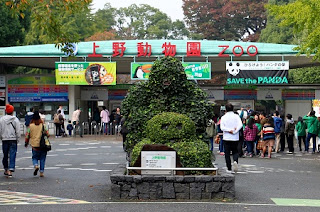



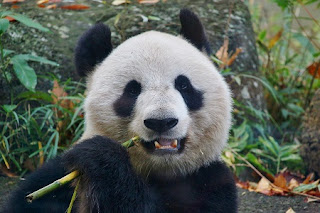


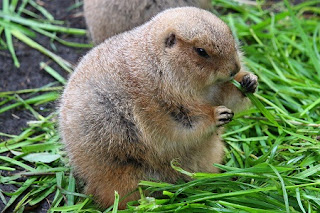




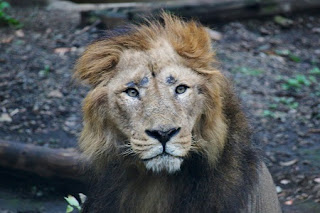


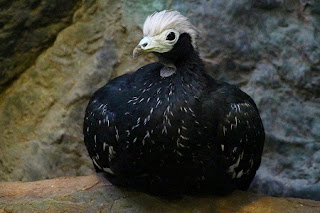

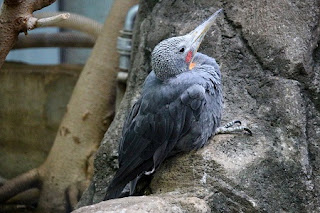





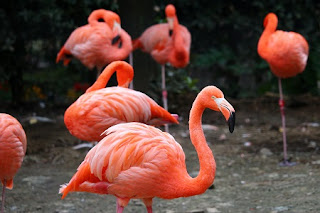

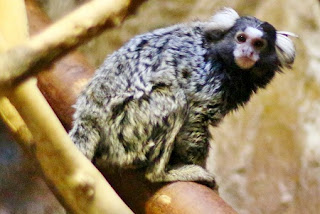
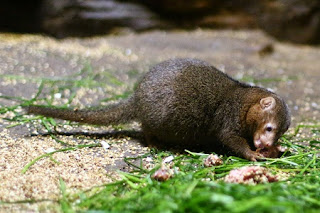



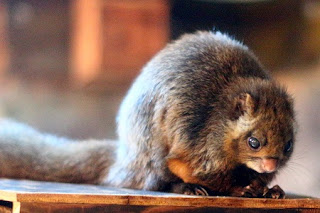


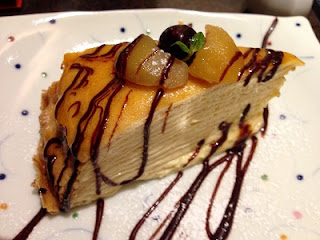


0 件のコメント:
コメントを投稿